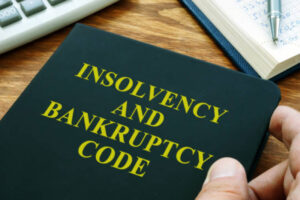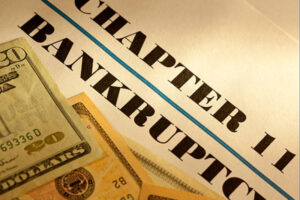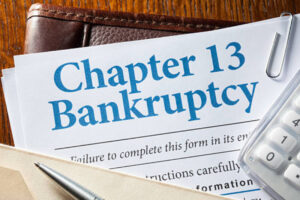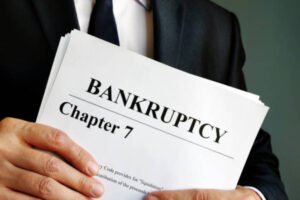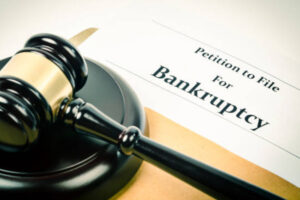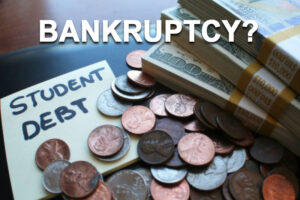Bankruptcy is a legal process where you begin fresh financially. It is a process wherein a bankruptcy court evaluates your assets and liabilities and decides whether to discharge your debts.
If you have sufficient assets, the court may even dismiss your case and give you a fresh start.
Remember that bankruptcy laws were created to give people another chance when their finances have taken a turn for the worst. While it can be tedious, it can also lead to financial improvements.
When a person files for bankruptcy, all unsecured debt is written off. Unsecured debt is debt for which the debtor does not have any collateral to cover the debt. This means that certain types of property are not sold to cover the debt.
Some examples of nondischargeable debt are home mortgages, student loans, tax liens, alimony, and child support. Secured debt, on the other hand, is debt that a person can sell to pay off the debt.
Bankruptcy is a legitimate option if you owe debt and have no other means to pay it. In fact, over seven hundred thousand personal bankruptcy cases were filed in the United States in 2019, and 227,000 for businesses.
While bankruptcy may seem like a terrible choice, it is possible to keep many of your possessions. Some types of property are exempt from bankruptcy, including your car, house, and equity in it.
Although bankruptcy can give you a certain amount of financial freedom, it will remain on your credit reports for years. This could make it difficult for you to borrow in the future.
Certain types of property are not allowed to be liquidated for debts, such as spousal support and child support. Even if you own other property, you can still claim it in bankruptcy.
You can also keep a pet, but you cannot keep it if you file for bankruptcy.
According to the Bankruptcy Code, two-thirds of all people filing for bankruptcy in the United States use Chapter 7. This form of bankruptcy is a financial plan that allows individuals to restructure their debt.
While it might seem like a last resort, filing for bankruptcy can give you a much-needed mental boost and a new start.
It is important to realize that declaring bankruptcy is a difficult decision and should be made only after all other debt relief methods have failed. But remember that it is a practical, safe, and legal option that will not cause a permanent damage to your credit.
The most common type of bankruptcy is Chapter 7. In this type, the debtor turns over most of their assets to a trustee who sells them and distributes the proceeds to creditors.
However, this type of bankruptcy will not discharge certain debts, including alimony, child support, and unpaid taxes. It does eliminate some debts that are impossible to repay.
It is a good idea to seek professional advice on this process before deciding to file for bankruptcy.
When considering bankruptcy, it is vital to understand the entire process. It can be extremely confusing.
However, with the help of a bankruptcy attorney, you can gain a better understanding of the bankruptcy process.

